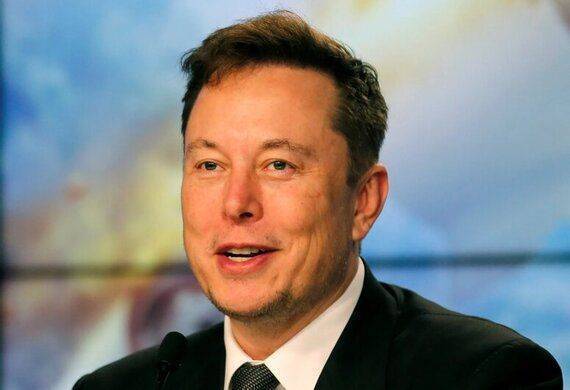Elon Musk Eyes SpaceX 5G Launch After $17B Spectrum Deal
By Global Leaders Insights Team | Sep 15, 2025

Elon Musk's space venture, SpaceX, has struck a major deal that could change the way people use mobile networks. The company has agreed to pay approximately $17 billion for wireless spectrum licenses from EchoStar, based in the United States. This spectrum will be used to extend Starlink, SpaceX's satellite internet service, into mobile connectivity, raising the prospect of a SpaceX-backed 5G network in the future.
Key Highlights
- SpaceX pays $17B (cash + stock) to acquire EchoStar’s AWS-4 and H-block spectrum licenses.
- Deal resolves FCC concerns over EchoStar’s underused spectrum, enabling Starlink’s direct-to-cell service for Boost Mobile.
The telecom industry, which is currently led by behemoths such as Verizon, AT&T, and T-Mobile in the United States, has taken note of the move. Musk's purchase positions Starlink as a potential challenger in the mobile network space, as well as a satellite broadband provider.
Experts believe the greatest impact will be felt in rural and remote areas, where existing operators frequently provide limited coverage, according to The Washington Post.
Musk has hinted at a broader goal. On the "All-In" podcast, he stated that the new spectrum deal would result in "you should be able to watch videos anywhere on your phone."
As part of the agreement, EchoStar's Boost Mobile customers will also have access to Starlink's direct-to-cell service. This is expected to increase connectivity to areas that conventional networks cannot reach. EchoStar president Hamid Akhavan described the agreement as one that would allow for a "faster and more economical" rollout of satellite services for Boost customers.
Starlink had already tested a satellite texting service in collaboration with T-Mobile, which was launched as "T-Satellite" for a monthly fee. With the new spectrum in hand, the company plans to expand its offerings to include data services this year and voice calling shortly thereafter.
Furthermore, Musk has not ruled out competing directly with major mobile carriers. When asked on the "All-In" podcast whether he would consider acquiring a major telecom company such as Verizon, Musk said it was "not out of the question."
Also Read: Elon Musk vs Trump Feud Puts $22 Billion SpaceX US Contracts at Risk
For the time being, the primary focus is on integrating Starlink's satellites with mobile phones using the newly acquired spectrum. If successful, it could mean that in the coming years, users may not need to rely solely on terrestrial towers but could also make calls and stream content directly through satellites.
.jpg)



